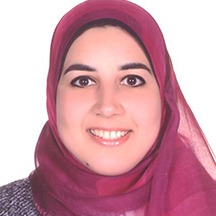Can preparedness for a health disaster change the game?
Disease outbreaks like Ebola and Covid-19 have strong detrimental effects on mortality rates for mothers, infants and young children in low and middle-income countries, both immediately and in the longer term. As this column explains, strengthening preparedness for such emergencies has become more urgent as health disasters continue to erode recent improvements in maternal and child health.


